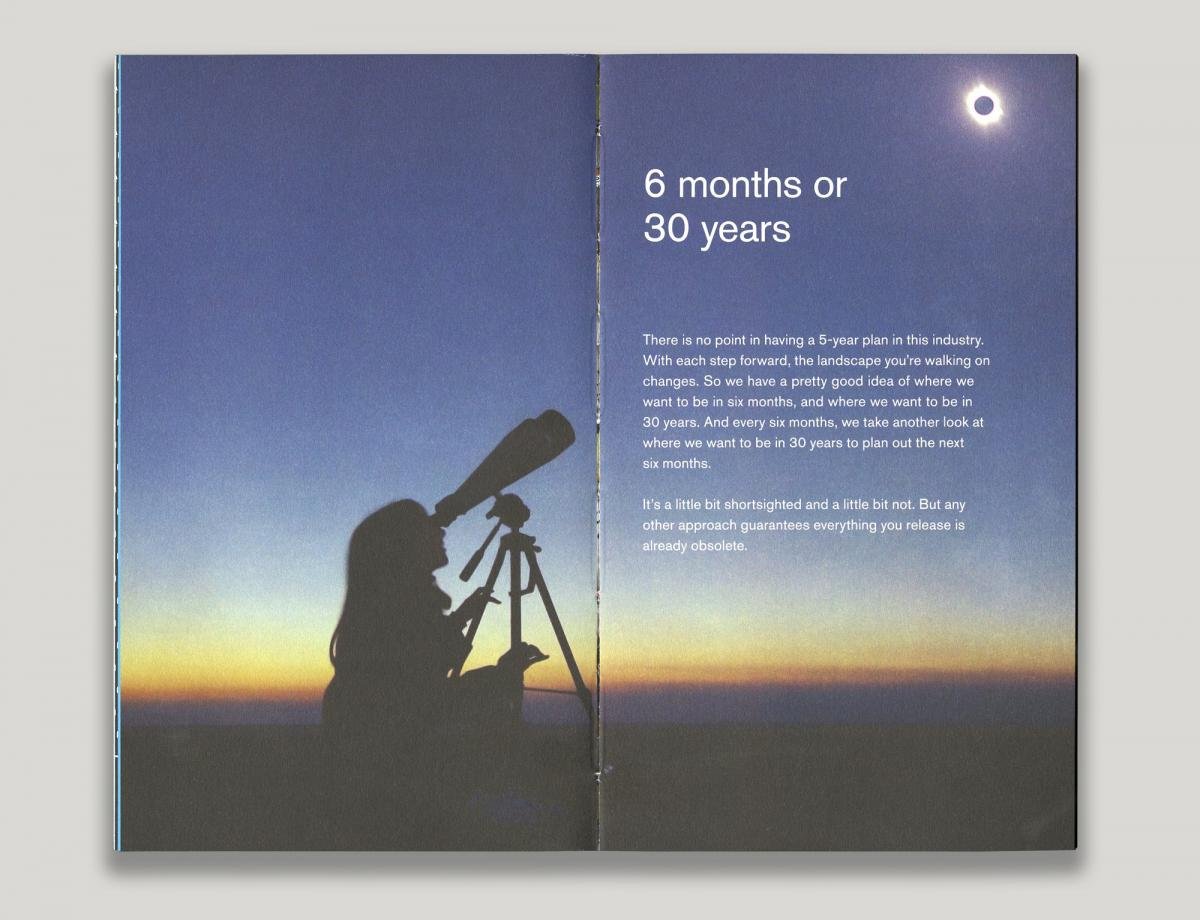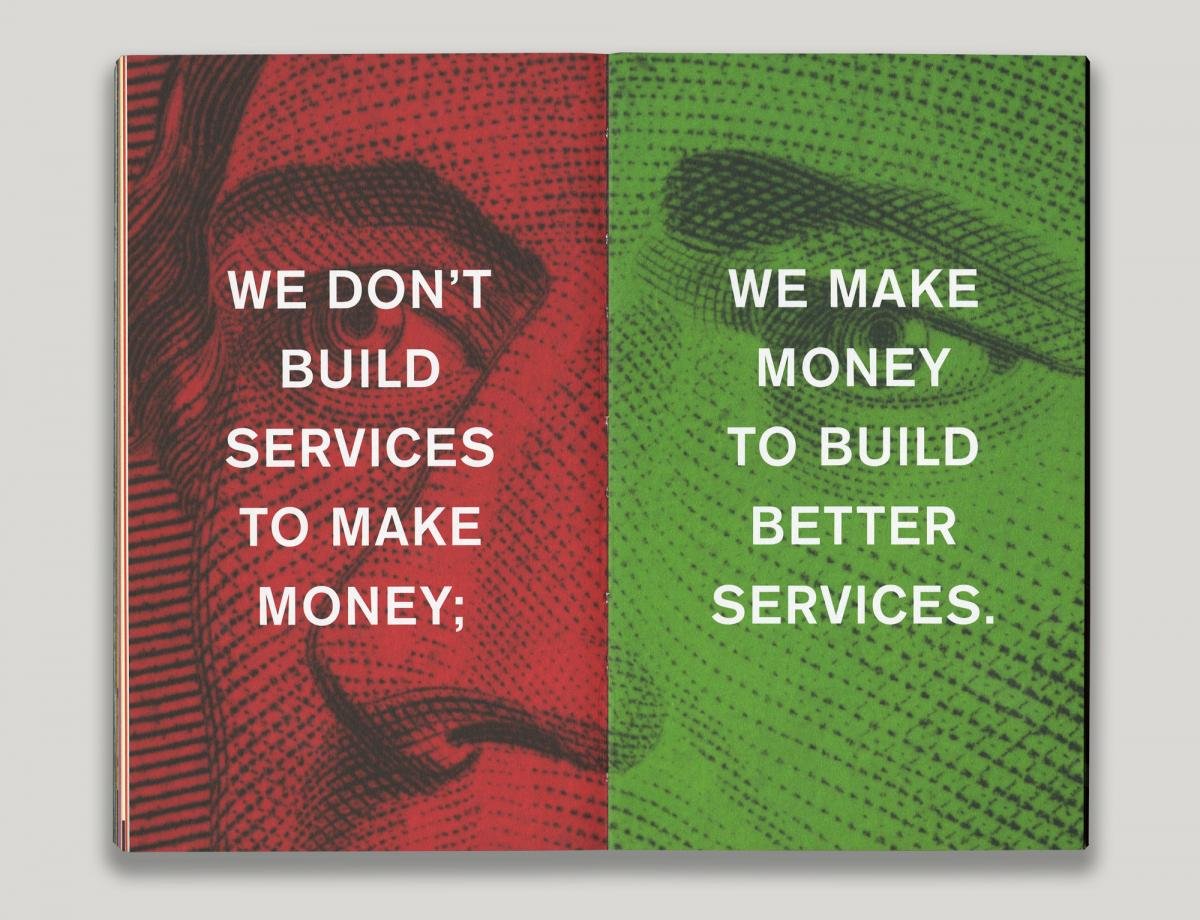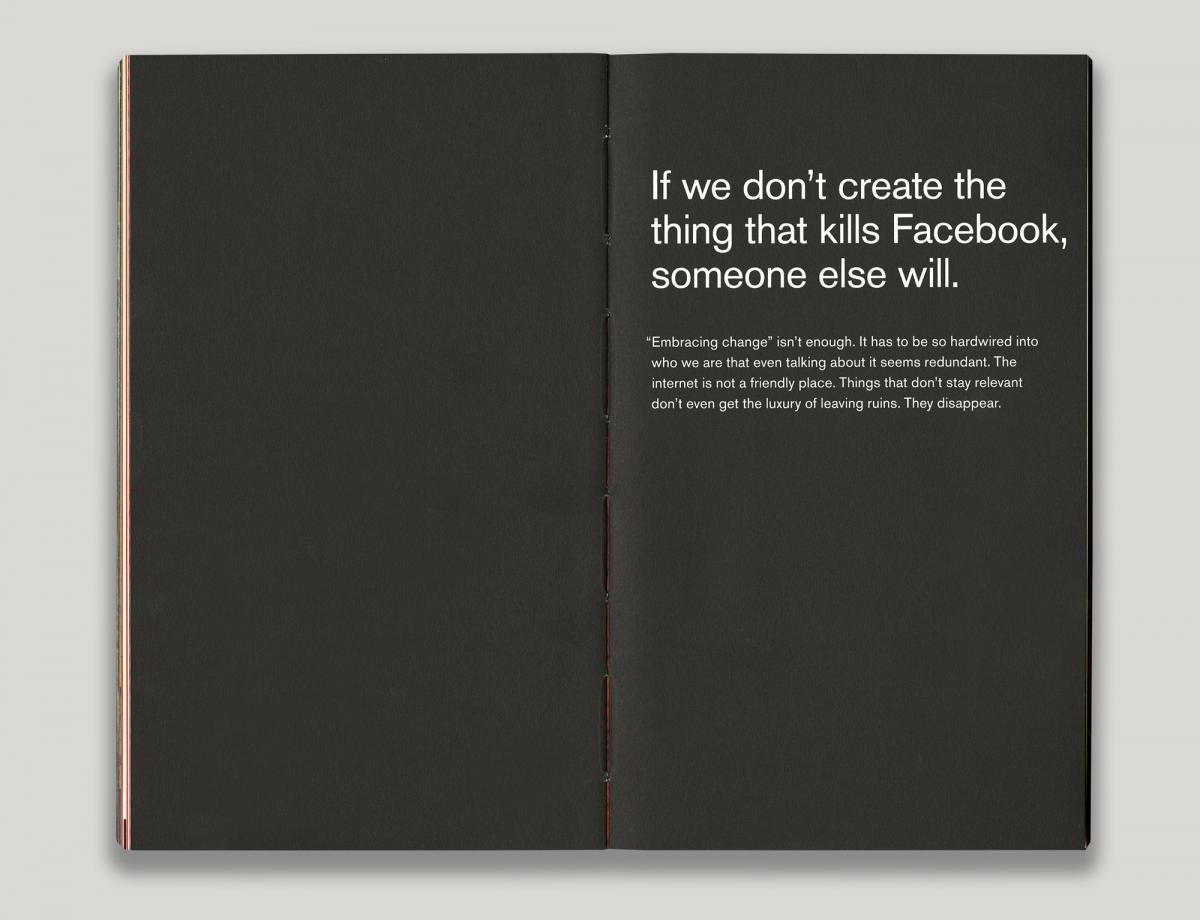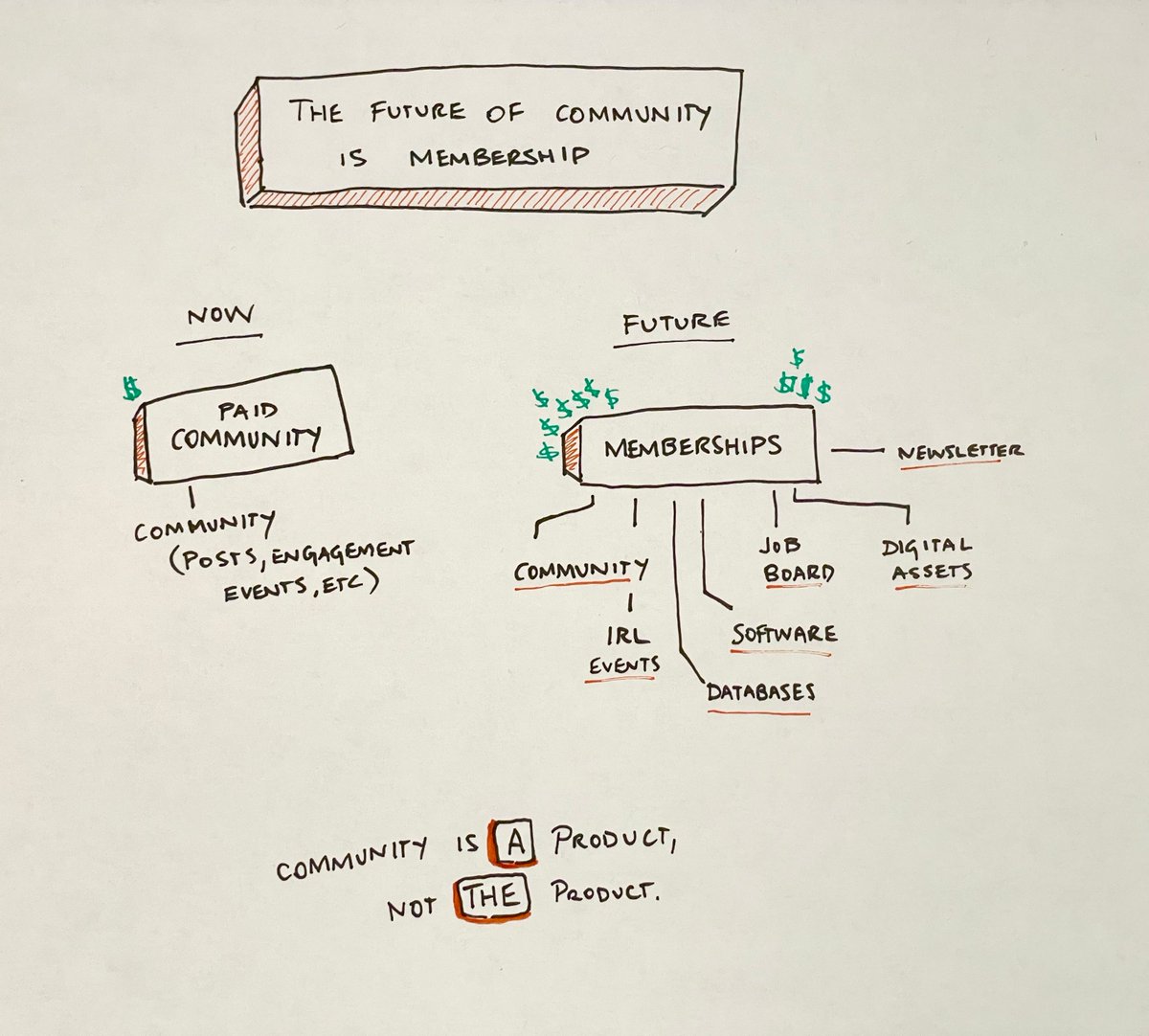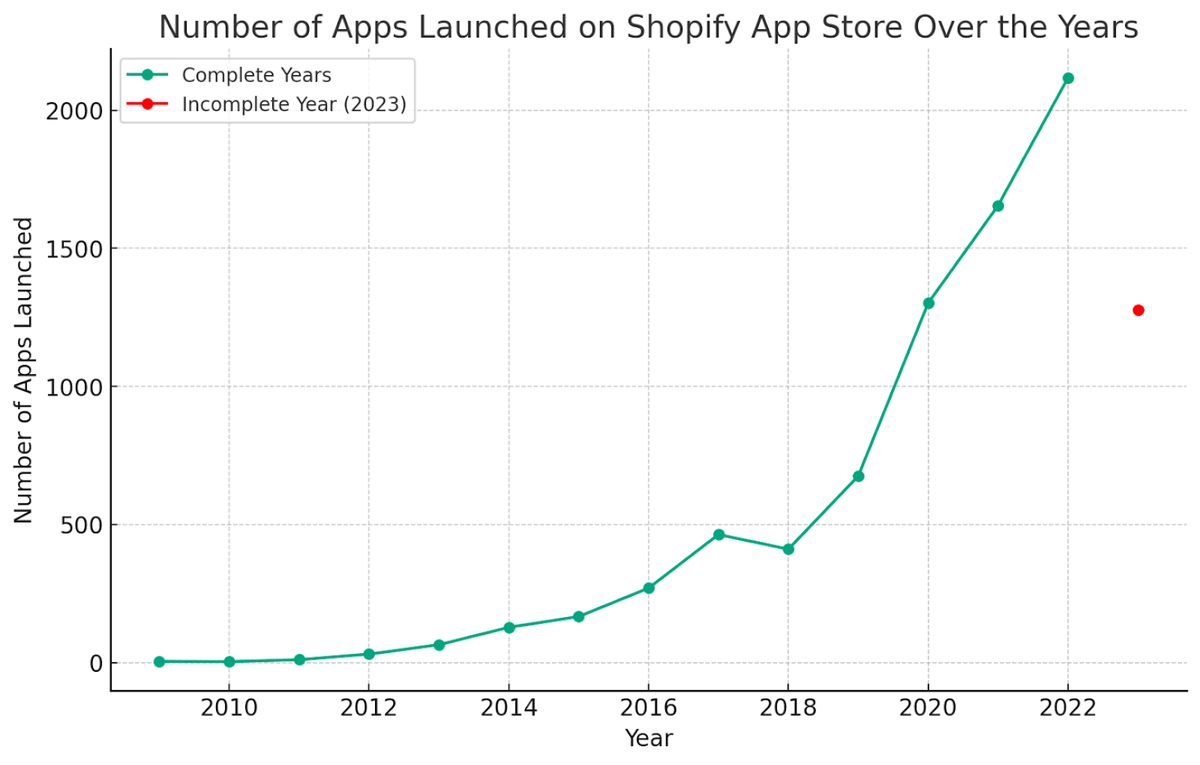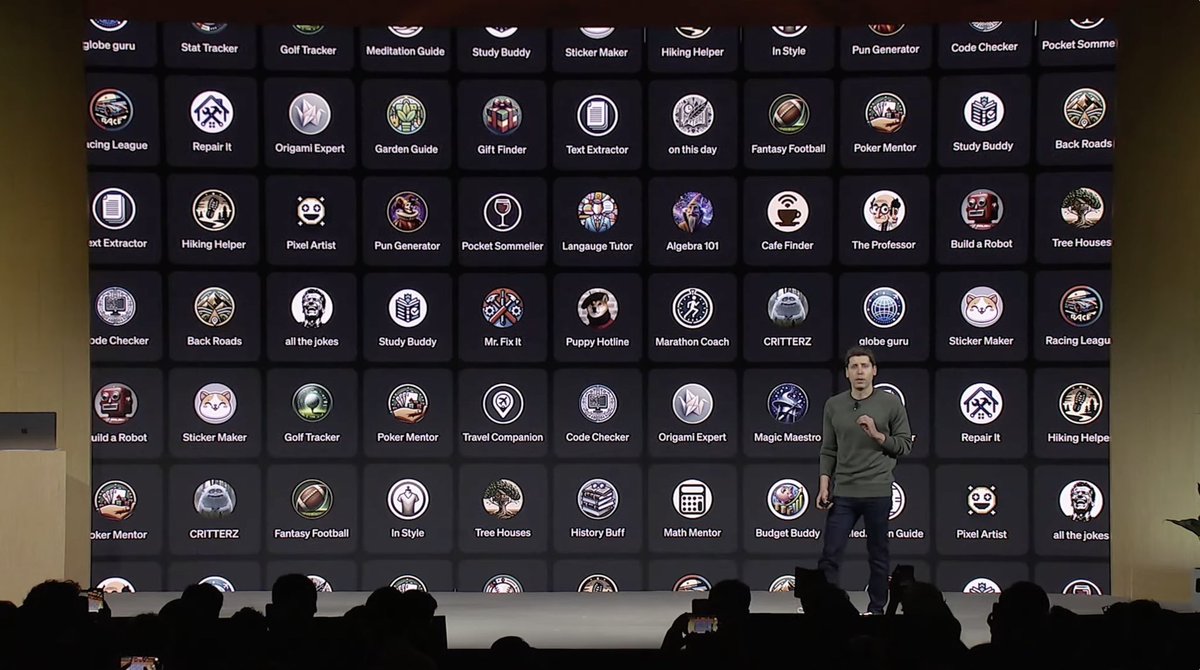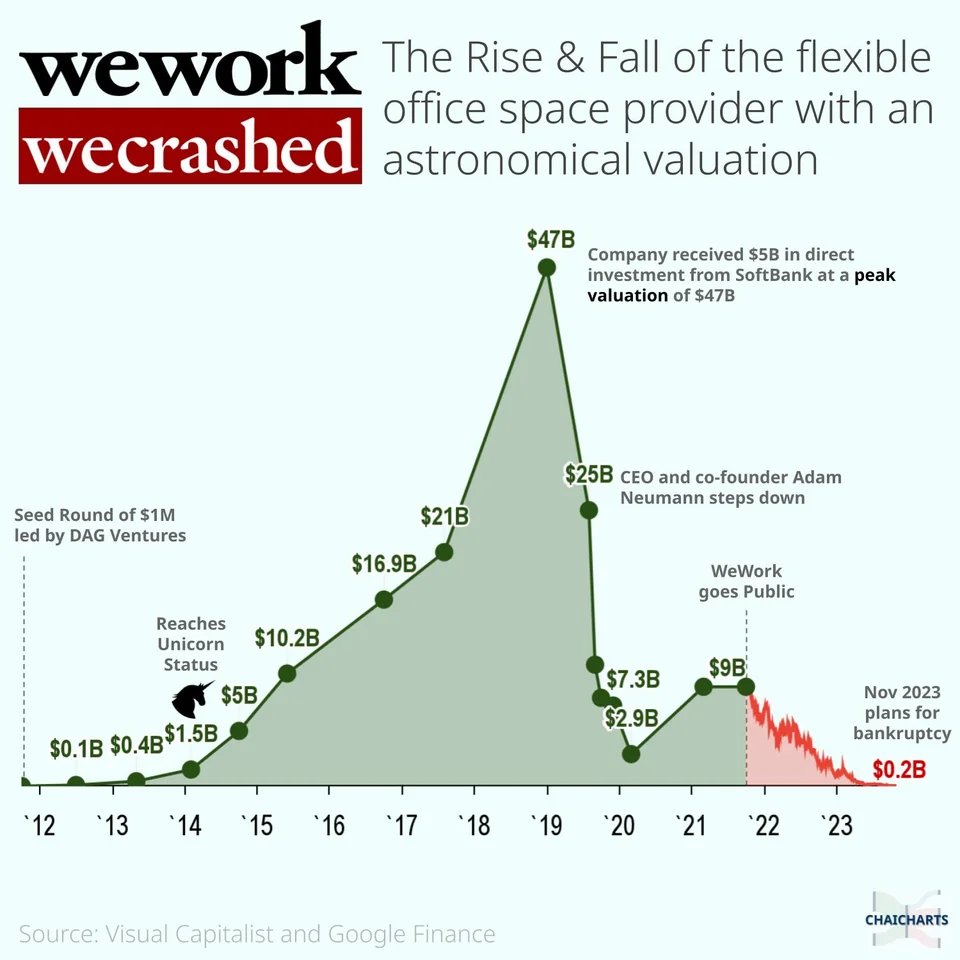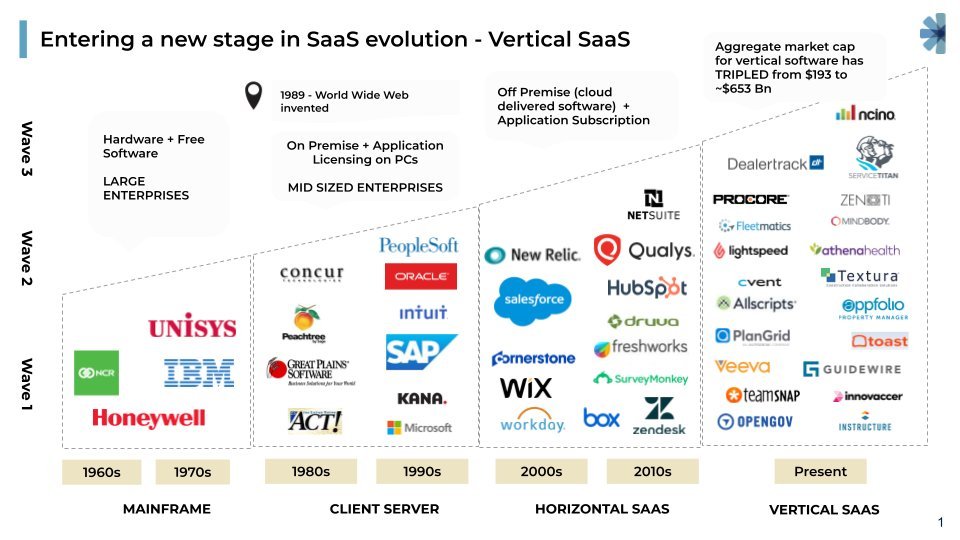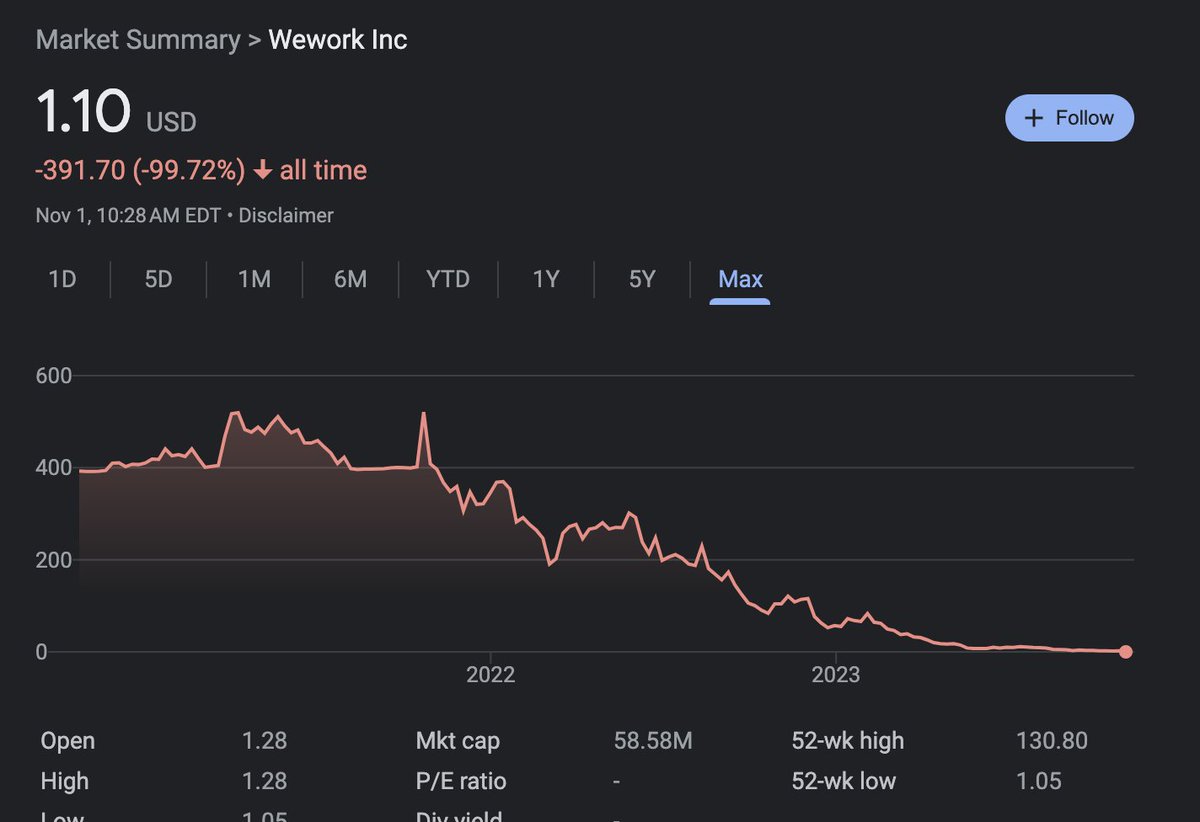I came across Facebook's beautiful employee handbook by Ben Barry for the first time today.
And I think every employee and founder needs to see it.
Even Zuckerberg-haters will probably be impressed.
A sneak peek into 15 pages of the Facebook Employee Handbook:
And I think every employee and founder needs to see it.
Even Zuckerberg-haters will probably be impressed.
A sneak peek into 15 pages of the Facebook Employee Handbook:

Make people feel like they are part of something bigger than themselves.
Facebook isn't stupid.
People could work anywhere, so inspiring them multiplies productivity.
Facebook isn't stupid.
People could work anywhere, so inspiring them multiplies productivity.

Facebook is selling scale in a beautiful way.
"Come work here and you'll make impact".
Idk if that's reality, but certainly is inspirational
"Come work here and you'll make impact".
Idk if that's reality, but certainly is inspirational

Most handbooks don't have stories.
Never thought about it that way. Of course employee handbooks should be full of stories.
Got me thinking about making an employee documentary for my businesses like @latecheckoutplz @boringmarketer @DispatchDesign etc
Never thought about it that way. Of course employee handbooks should be full of stories.
Got me thinking about making an employee documentary for my businesses like @latecheckoutplz @boringmarketer @DispatchDesign etc

If you're a day 1 employee at Facebook, you're thinking to yourself:
I kinda want to be in that room.
I kinda want to be in that room.

Now after reading some of these pages... I get why Ben Barry, the creator of the book why he spent so much time & effort building it.
I don't know if Meta would be Meta without this book.
This was rocketfuel for employees.
I don't know if Meta would be Meta without this book.
This was rocketfuel for employees.

It gets you thinking....
For employees:
What would the handbook of the company you work for look like? Would you still want to work there?
For founders/execs:
What would your handbook look like?
For employees:
What would the handbook of the company you work for look like? Would you still want to work there?
For founders/execs:
What would your handbook look like?
Idk if Meta is hiring but I'm hiring for many roles! We build businesses that are powered by internet audiences, creators...
If you're a talented product designer, writer, product manager, business builder, newsletter operator etc please apply below
If you're a talented product designer, writer, product manager, business builder, newsletter operator etc please apply below
https://x.com/gregisenberg/status/1736752893124845967?s=20
• • •
Missing some Tweet in this thread? You can try to
force a refresh



